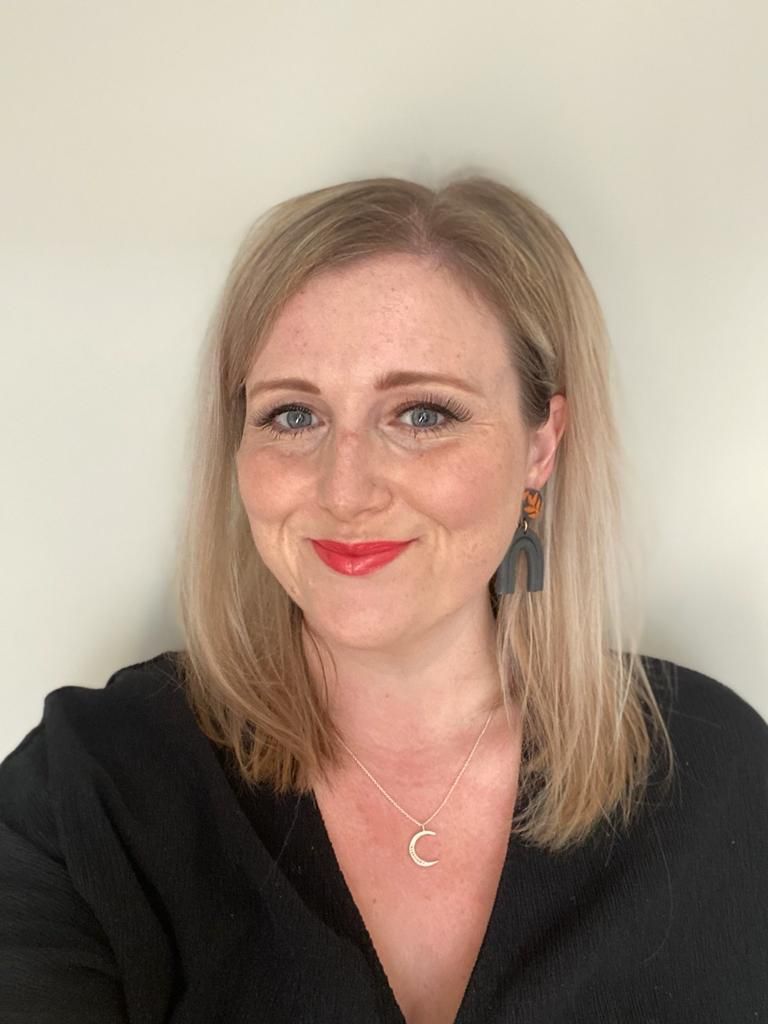For several decades, it has been well documented that there is a lack of diversity within the STEM sector. This is an industry that is facing a huge skills gap, not only in the UK, but globally. The price of inequality is being felt in these industries but what are we all doing to address this?
One of the most impactful pieces of work that I have experienced in my career is the report “Not for People Like Me” by Professor Averil Macdonald which addressed diversity issues in Science, Technology, and Engineering (STEM). This report and linked resources inspired me deeply. Professor Macdonald’s insights on unconscious bias and strategies for equitable STEM education continue to guide and influence my work both in the classroom and through STEMunity (a community of young people, educators, and industry who believe the next generation of young people are the key to future prosperity).
The phrase “Not for people like me” encapsulates the inequality that is experienced by women and other underrepresented groups. No young person should feel this level of discrimination or social injustice.
So, here’s a few things that I believe contribute towards working for a more equitable education system for all:
Add to STEM Capital
- we should all be building opportunities to enhance this!
Over the past 10 years, the ASPIRES group out of UCL have produced some brilliant work around the concept of STEM capital. This concept that we can build opportunities into our school curriculum offers, both in the curriculum and extra curricula, allows students to develop understanding, experience and relatability of STEM skills and opportunities. Those students with higher ‘STEM Capital’ are known to be more likely to pursue careers in STEM fields if that is their area of interest.
This could look like a high-quality school curriculum that links examples of context and real-life problem solving. The RAEng (The Royal Academy of Engineering) have some incredible resources to support this approach as a legacy from their CST programme. It could also include opportunities to visit innovative and inspiring workplaces, to participate in engaging extra curriculum activities and to interact with positive career linked role models.
Creating opportunities from the grass roots - This is our STEMunity
Inspired by these experiences, I co-founded STEMunity with my colleague Jorden Birch. STEMunity aims to inspire underrepresented young people to pursue STEM careers by offering context-based learning and interactions with role models, bridging the STEM capital gap. We designed a variety of opportunities, including the 5PARK box, our Online Escape Rooms, STEM Academy Video series and our Mixed Reality Experience.
Address digital poverty
- I’m proud that my school lead on this, I realise that we are incredibly lucky to have this programme.
The challenge lies in creating an educational ecosystem that allows ALL young people to flourish and explore diverse opportunities. As an educator in an inner-city school, I’ve seen the challenges first-hand, the impact of increasing childhood poverty. One transformative programme I have been lucky to witness is the digital strategy at my school, where students are provided with one-to-one devices in efforts to address digital poverty. This extends beyond the classroom with opportunities for families to engage with the learning opportunities.
In the era of the fourth industrial revolution, rapid technological advancements outpace our education systems. We must adapt to prepare students for uncertain future careers. Innovation is key, as we navigate this ever-changing landscape, we must continue to innovate in education to empower our students for the challenges and opportunities of tomorrow.
When a more equitable society is achieved, I truly believe that the scientific and technological advancements will thrive, the areas that I believe must be addressed are:
- A more diverse and equitable curriculum which allows all to flourish.
- Industry and workplaces to truly reflect and act upon the mechanisms by which they can be more inclusive and diverse productive environments where no one would ever think the phrase “not for people like me”.
- Affordable and high-quality childcare for all to allow working parents to thrive.





